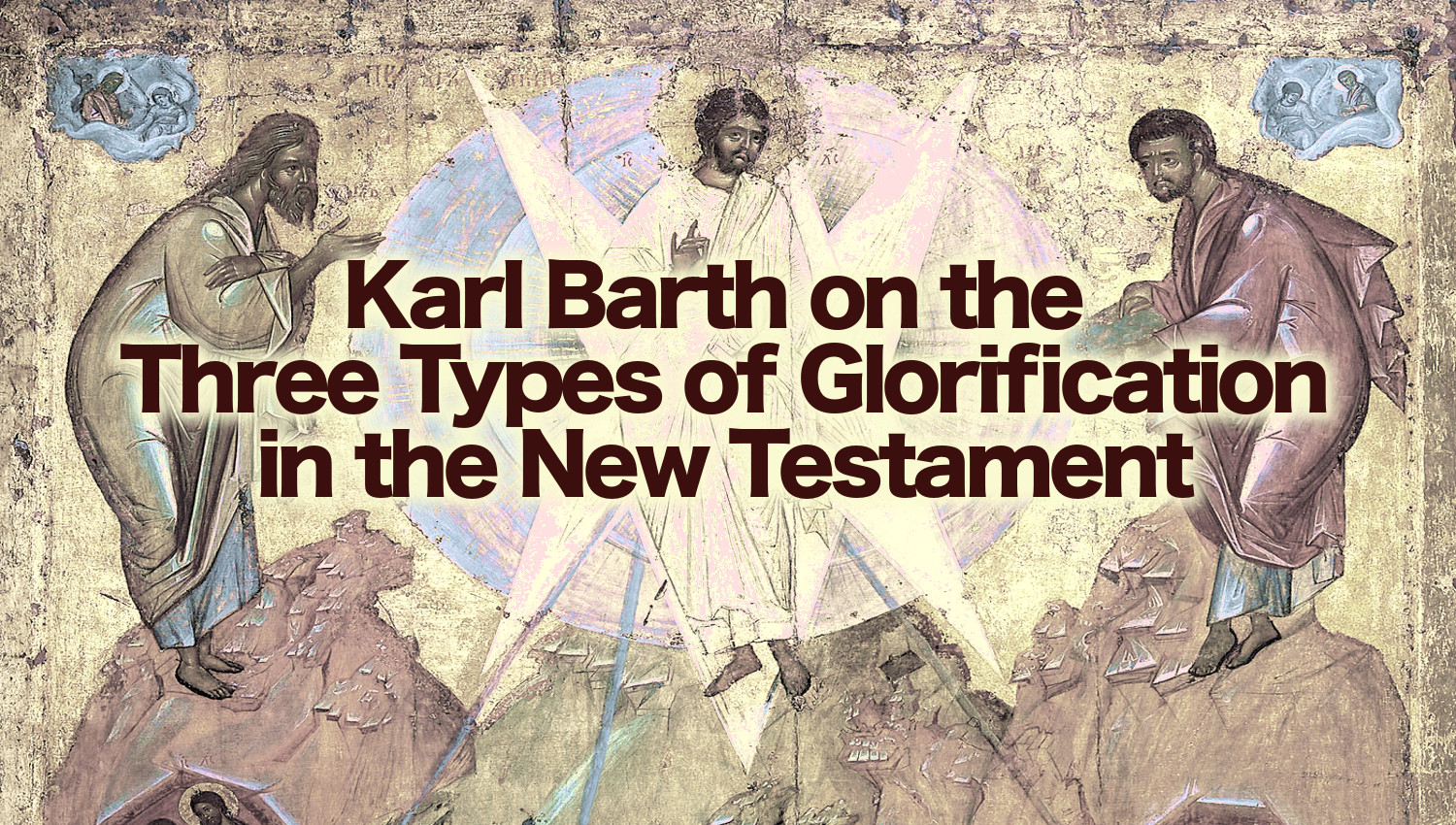 Why do we need to glorify God? Is God needy? Karl Barth answers that we are unable to glorify God! The question presupposes the wrong answer. Glorification isn't something people can do to God, because God is already glorious! We cannot make God more glorious at all! The problem is that glorification doesn't mean to exaggerate or improve God, it means to know something as it truly is.
Why do we need to glorify God? Is God needy? Karl Barth answers that we are unable to glorify God! The question presupposes the wrong answer. Glorification isn't something people can do to God, because God is already glorious! We cannot make God more glorious at all! The problem is that glorification doesn't mean to exaggerate or improve God, it means to know something as it truly is.
In The Faith of the Church, Karl Barth defines glorification as "to make either oneself or someone else appear such as he is; to show forth something in its essence; to reveal the secret either of one's own existence or of another's." So the glorification of God occurs when God is revealed, and knowledge of God is made known. Humanity cannot add to God's glory, but God is glorified when man learns about God, when the knowledge of God is revealed. So the glorification of God occurs when we hear the good news of the Gospel, and as we obtain the knowledge of God, that is the glorification of God! So we are the needy ones, not God!
Barth says there are three uses of "glorification" in the New Testament. 1) The glorification of God by man, 2) the glorification of man by God, and 3) the glorification of God by God. Barth says that New Testament does not know of any glorification of man by man. These three uses of glorification accomplished through Jesus Christ. Since glorification is the revelation of the knowledge of God, then the glorification of man by God occurred in the resurrection of the crucified man, Jesus Christ (#2), and then the glorification of God by man, is also the revelation of the knowledge of God through Jesus as well (#1), and lastly the glorification of God by God (#3) is also made known through Jesus as well. The answer is Jesus!
In a word, we live for God's glorification. In the New Testament, to glorify signifies: to make either oneself or someone else appear such as he is; to show forth something in its essence; to reveal the secret either of one's own existence or of another's.
The New Testament knows three kinds of glorification:
- A glorification of God by man (this Jesus Christ accomplishes),
- a glorification of man by God,
- and a glorification of God by God Himself.
But the New Testament does not know of any glorification of man by man himself. Man may glorify only God and not himself, whereas God glorifies Himself and glorifies man. According to Genesis, God created man in His image, that is, in order that man may make God shine forth in his human existence.
Here, we must be specific. When we speak of glory, we always think of an exaggeration. Perhaps you are familiar with the inscription at Versailles: "To all the glories of France." Man's glory is like making a big noise, like trying to show off himself greater than he is. God does not need to make any fuss about his glory: God is glorious. He simply needs to show Himself as He is, He simply needs to reveal Himself. That is what He does in man, His creature, in whom He wants to be reflected. To live unto the glory of God then will be "necessary and reasonable": it will be the consequence of God's intention of creating man. [1]
Sources:
[^Header Image Background] By Theophanes the Greek - http://www.belygorod.ru/img2/Ikona/Used/218grek_preobrazhenie.jpg, Public Domain, Link
[^1] Barth, Karl. Ed. Jean-Louis Leuba. The Faith of the Church: A Commentary on the Apostle's Creed According to Calvin's Catechism. Trans. Gabriel Vahanian. New York: Meridian, 1963. 26-7. Print.



June 14th, 2017 - 17:08
This is a refreshing breath of air amidst our suffocating, dislocated and fractured culture- thank you!
June 14th, 2017 - 17:11
Thanks I was really encouraged when I read it as well.